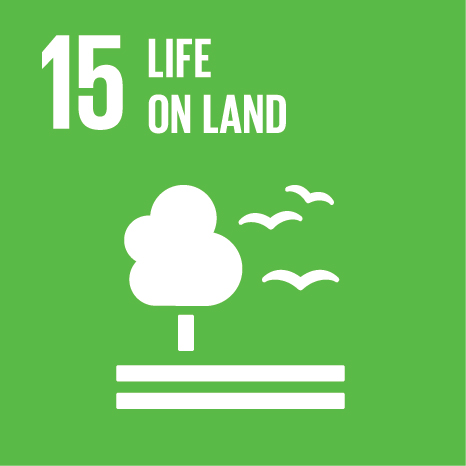Abstract
New laws promoting species conservation in protected sites are often contested by local communities. Conflicts between the laws and community norms may explain this; yet the literature on normative conflicts has still not examined such laws-norms conflicts. It has moreover been inconclusive regarding the (negative or positive) relationship between normative conflicts and action, and has not studied how they affect engagement in communicative actions supporting the laws. A stage model (Trans-Theoretical Model) was used to clarify how two types of conflicts — between the law and community descriptive and injunctive norms, and between the latter two — are associated with transitions from awareness to engagement in communicative action. A survey of 342 residents in Portuguese Natura 2000 sites showed stronger normative conflicts at pre-action (versus post-action) stages. Additionally, conflict between injunctive and descriptive community norms is lower and more invariant across stages than conflict between them and the law, suggesting a higher relevance of the later for (dis)engagement in communicative action. We discuss the contributions a stage perspective may offer for improving the implementation of conservation laws.laws promoting species conservation in protected sites are often contested by local communities. Conflicts between the laws and community norms may explain this; yet the literature on normative conflicts has still not examined such laws-norms conflicts. It has moreover been inconclusive regarding the (negative or positive) relationship between normative conflicts and action, and has not studied how they affect engagement in communicative actions supporting the laws. A stage model (Trans-Theoretical Model) was used to clarify how two types of conflicts — between the law and community descriptive and injunctive norms, and between the latter two — are associated with transitions from awareness to engagement in communicative action. A survey of 342 residents in Portuguese Natura 2000 sites showed stronger normative conflicts at pre-action (versus post-action) stages. Additionally, conflict between injunctive and descriptive community norms is lower and more invariant across stages than conflict between them and the law, suggesting a higher relevance of the later for (dis)engagement in communicative action. We discuss the contributions a stage perspective may offer for improving the implementation of conservation laws.

 Português
Português




